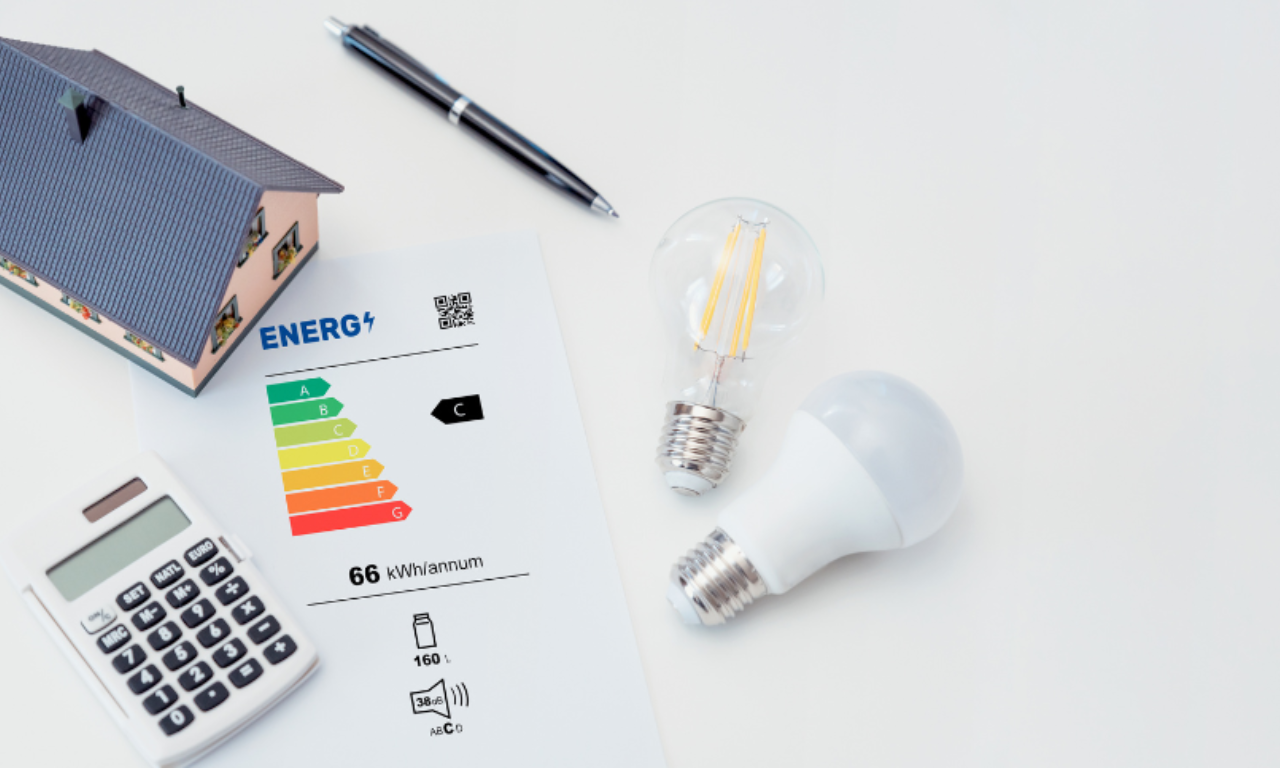How to improve the energy efficiency of your home

As temperatures plunge across the UK and energy bills continue to rise, it has never been more important to understand how to heat your home efficiently.
Did you know that heating accounts for nearly 75% of total household energy consumption? If you want to make real cost savings, improving the energy efficiency of your home is vital.
In our latest blog, we explore the best quick fixes and long-term investments you can make to keep your home warm all winter long.
Follow the EPC recommendations for your property
Energy performance certificates are a rating scheme used to summarise how energy efficient a property is. The certificate includes the estimated energy cost for the property and a summary of the energy performance-related features. The property is given a rating between A and G, with A being the most efficient and G being the least efficient.
An EPC also includes recommendations on steps you can take to improve your energy performance and indicative costs. Common recommendations include insulation, double glazing and solar panels.
If you would like to make cost savings and improve the energy efficiency of your home following the recommendations in the EPC is a sensible place to start.
Block out draughts
Draught-proofing is one of the best ways to keep your home warm this winter. Between the windows, doors and fireplaces, unwanted gaps let cold air in and fail to stop the hot air from getting out. Studies suggest that as much as 30% of heat could be lost out of windows alone.
Introducing draught-proofing measures could seriously reduce the amount of unnecessary heat loss and will help you keep your costs down.
Most draught-proofing solutions are budget friendly and can be introduced without professional help:
- Install fireplace plugs to block open chimneys
- Fill in gaps in walls, floorboards or skirting boards with filler
- Use foam or plastic draught strips around the outside of windows
- Purchase an under-door draught excluder
Protect your pipes and water heater
Investing in DIY insulation for your pipes and water heater is one of the easiest and cheapest ways to keep your water warm for longer.
Most modern water heaters are equipped with insulation, but this may not be the case for an older model. Purchasing an insulation jacket is a quick fix for this problem – they are commonly sold in DIY shops and can be fitted easily at home.
Protecting your pipes is a great way of conserving energy over winter. Not only will pipe insulation prevent heat loss but it will also ensure that they don’t get too cold which will reduce the chance of one bursting. Foam rollers are an easy and cost-effective way to do this and can be purchased from all DIY shops.
Invest in insulation
According to AXA Insurance, between the doors, walls, windows and roof, a poorly insulated home loses 59% of its heat.
Insulating your property correctly is one of the most effective ways to keep your home warm this winter. It will provide a buffer against rising energy costs and will also help landlords to comply with the energy efficiency regulations due to come into effect in 2025.
Types of insulation include:
- Loft
- Roof
- Cavity wall
- Floor
The cost of the materials and the installation fee can deter some people from making the investment. As a general rule though, the older the house is the more heat it is likely to lose. In the long-run insulation will reduce your energy consumption and prove a worthwhile investment.
Look after your heating system
According to the Energy Saving Trust, less than 30% of people regularly bleed their radiators. Trapped air within the radiator causes cold spots and prevents it from heating your home most efficiently. Luckily bleeding a radiator is quick and easy - all you need is a radiator bleed key.
Just follow these three simple steps:
- Turn the heating off so your radiators can cool down.
- Carefully open the radiator valve with the bleed key (make sure not to open it too far).
- As the air escapes you should hear a hissing sound. Once the hissing stops or it starts to leak water, close the valve.
If you look after your boiler, it will look after you. It is sensible to get your boiler serviced on a regular basis – we would recommend around once per year. If your boiler isn’t properly looked after it can stop heating your home effectively so you should make this a priority.